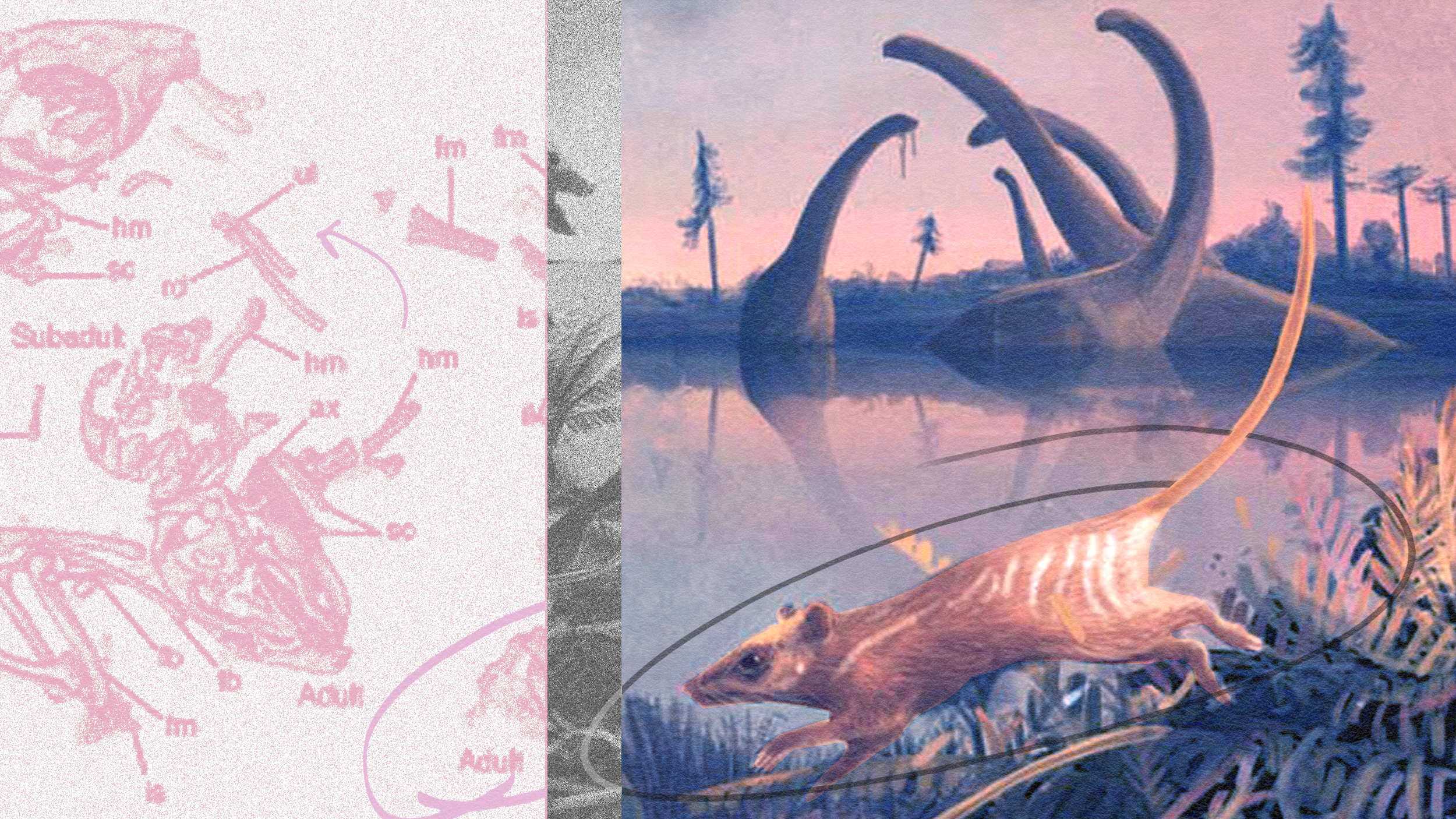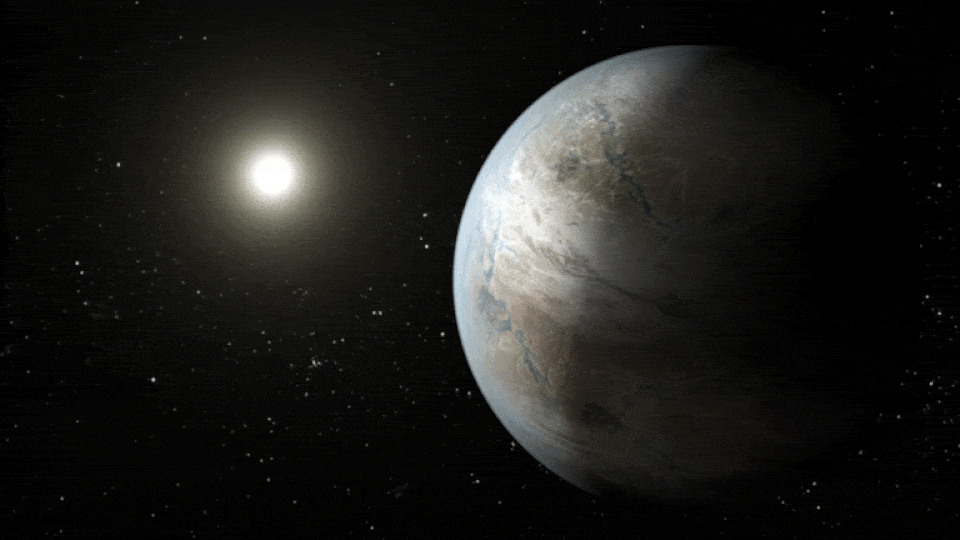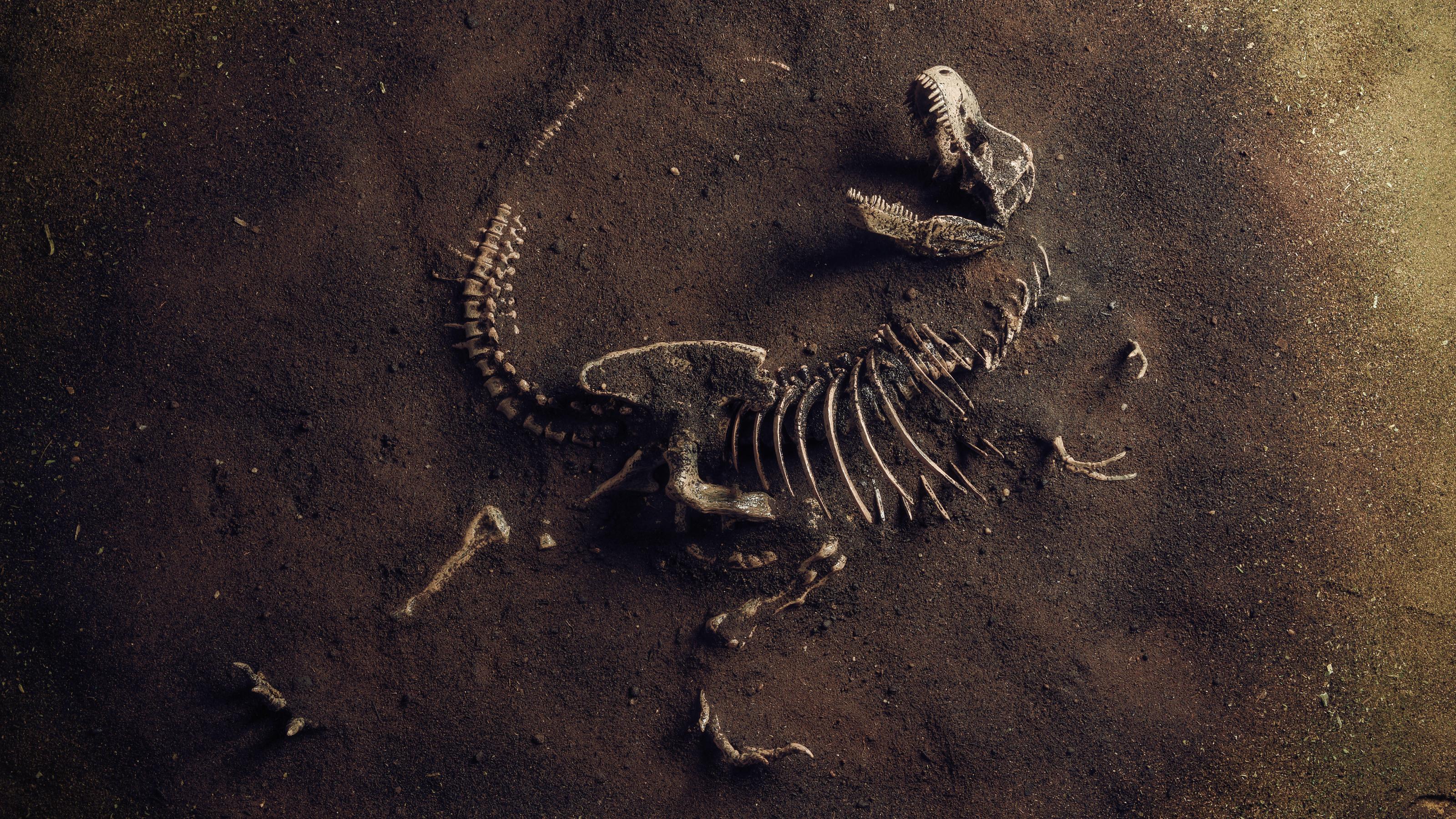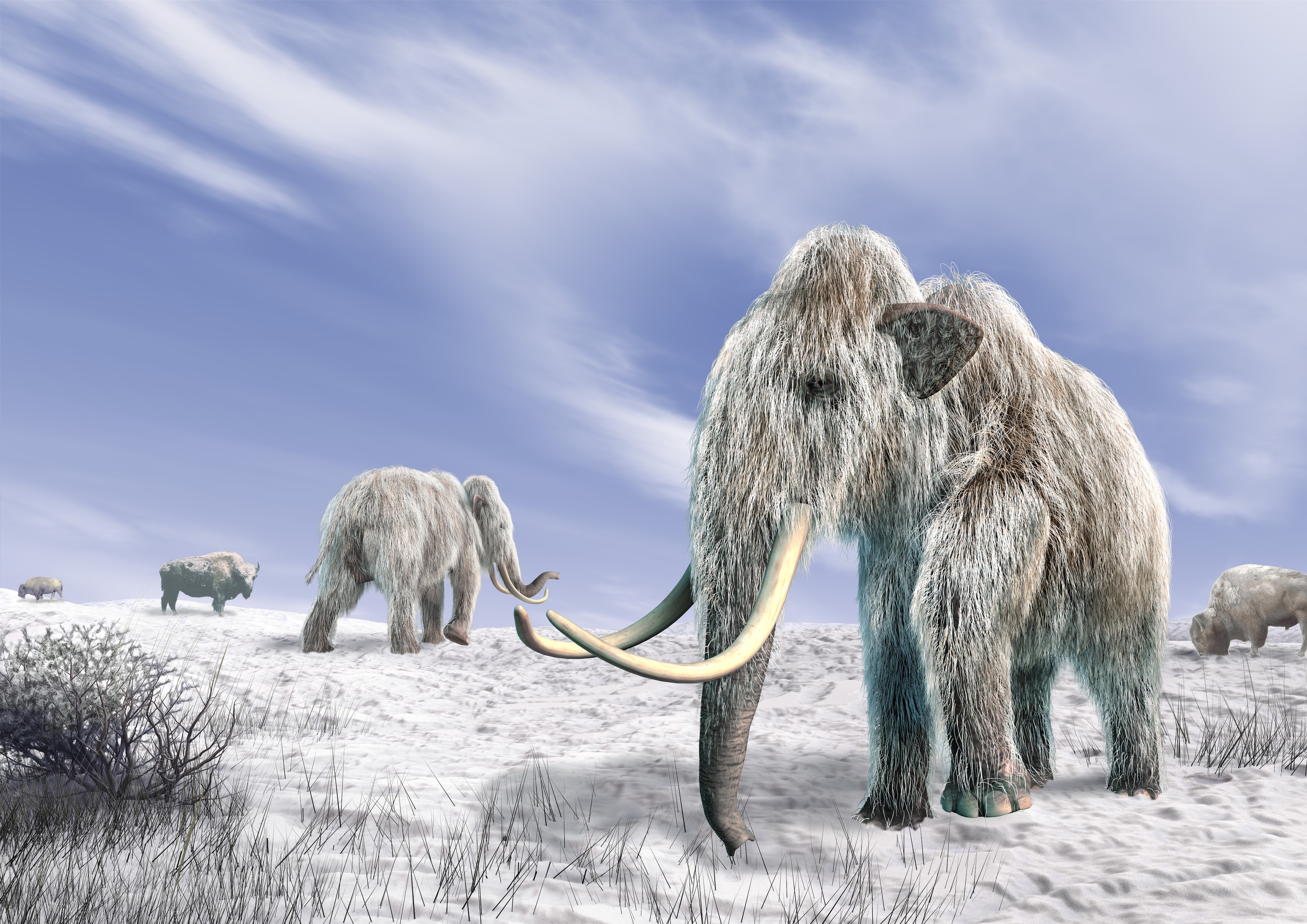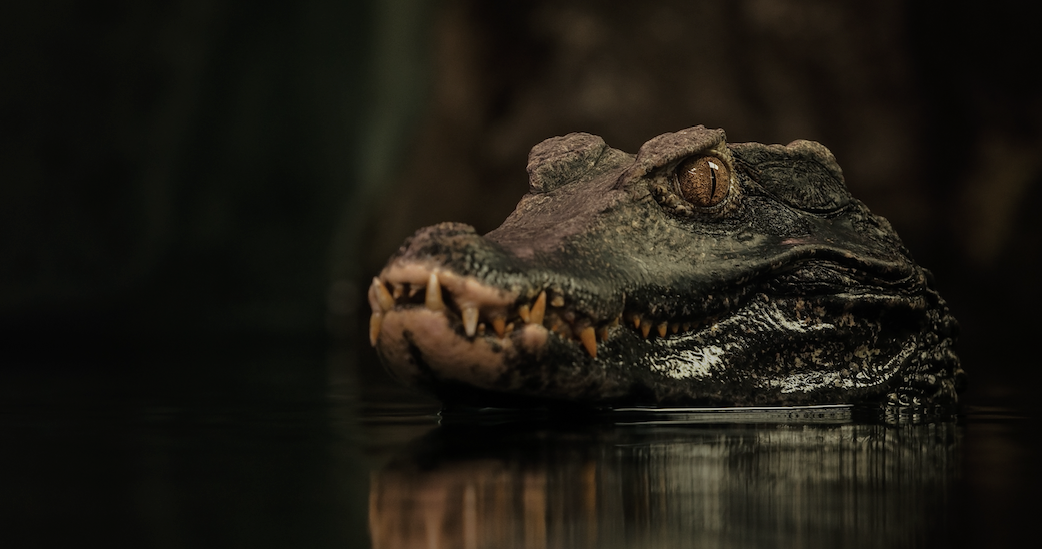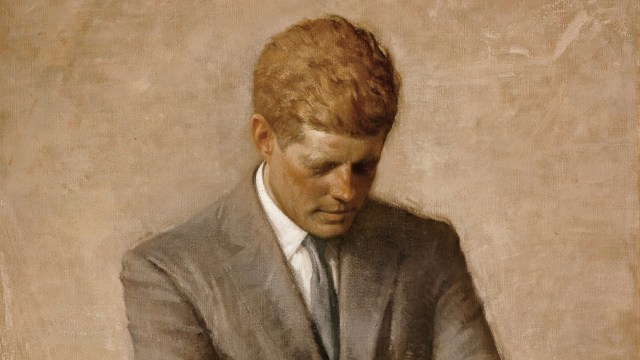What Killed the Dinosaurs Drove the Kangaroo’s Cousin to Extinction

The theories behind the demise of the dinosaurs is well-known. Death by asteroid is one of the more popular possibilities, but volcanic eruptions may have had a part to play. Regardless, these reptilian giants died-out–food became scarce and temperatures dropped, allowing our, smaller furry mammalian ancestors to have their time in the sun. But Eric Mark of Forbes explains that our species could have been wiped out just as easily, according to a recent study.
One of the authors on the research team published in the journal ZooKeys, Dr. Steve Brusatte from the University of Edinburgh, said in a press release:
“The classic tale is that dinosaurs died out and mammals, which had been waiting in the wings for over 100 million years, then finally had their chance. But our study shows that many mammals came perilously close to extinction. If a few lucky species didn’t make it through, then mammals may have gone the way of the dinosaurs and we wouldn’t be here.”
The disruption of the dinosaurs allowed mammals a unique opportunity at the end of the Cretaceous period to survive and thrive as they hadn’t before. However, metatherian mammals (animals with pouches) suffered great losses after the cataclysmic event. From fossil records in America’s Great Plains, researchers found that diversity among the species dropped significantly after the event and an estimated two-thirds of them died out in North America alone. The study explained that this loss may explain why marsupials can only be found in unique places, such as Australia and South America.
This extinction event for the kangaroo’s and opossum’s cousin allowed placental mammals (mice, humans, dolphins) to evolve and thrive into the Paleogene period and beyond.
Read more at Forbes
Photo Credit: Marie Hale/Flickr
